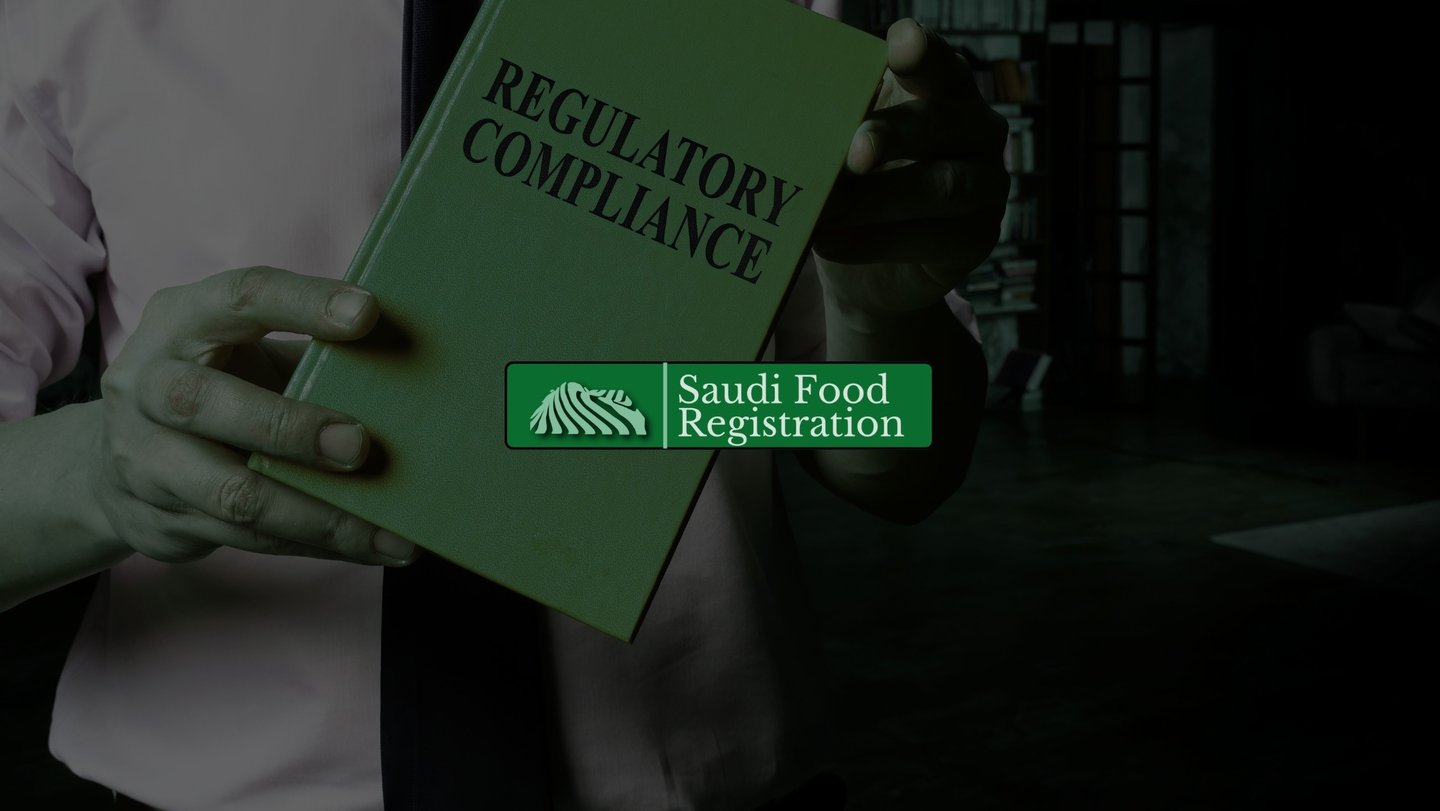SFDA Local Agent in Saudi Arabia (2025): Full Guide
Learn when an SFDA local agent is mandatory in KSA, how to appoint or switch agents, avoid compliance risks, and keep approvals secure in 2025.
9/12/20253 min read


Do You Really Need an SFDA Local Agent in 2025?
In Saudi Arabia, appointing an SFDA local agent can make or break your product registration.
If your company has no KSA legal entity, you must work through an authorized local agent for categories such as food, food supplements, cosmetics, and certain devices.
Agent vs. Distributor vs. Consultant:
Local Agent: Manages submissions on the SFDA portal, responds to authority queries, and keeps regulatory records.
Distributor: Handles sales and logistics but often lacks regulatory expertise.
Regulatory Consultant: Provides strategy, documentation support, and, if appointed, can act as your local agent.
Risks of not having an agent include delayed approvals, blocked submissions, customs holds, and compliance gaps if documentation is mismanaged.
How to Appoint an SFDA Agent Properly
Essential Documents & Legalization Process
To authorize your representative:
Prepare a Power of Attorney (PoA) or Letter of Authorization (LoA) clearly stating the agent’s scope.
Ensure accurate Arabic translation by a professional.
Complete legalization/attestation in line with KSA rules.
Align corporate documents (commercial registration, signatory proof) with the PoA/LoA.
Pro tip: Keep PoA validity aligned with renewal schedules to avoid gaps.
Portal Setup & Access
From the start, clarify account ownership and permissions:
The brand should ideally retain the admin role; the agent should be granted submitter rights.
Assign roles such as company admin, product submitter, or viewer carefully.
Factor in time for verification and activation to avoid approval delays.
Avoid lock‑in: If the agent owns the portal account under their CR, switching later becomes difficult.
How to Switch Agents Without Losing SFDA Approvals
Avoiding Approval Disruption
Before ending an agent relationship:
List all products and submissions with renewal dates and pending queries.
Back up dossiers: labels, formulas, lab reports, and SFDA communications.
Issue a new PoA/LoA to the replacement agent with clear timelines.
Transfer account roles and product ownership inside the SFDA portal.
Handling In‑Flight Submissions and Shipments
Manage open SFDA queries to prevent rejections.
Time the switch to avoid customs delays for shipments.
Ensure the new agent can view historic dossiers for future renewals.
Warning: Cutting ties too early can freeze pending submissions and approvals.
Agent Compliance & Risk Checklist
Audit your local agent regularly:
Response time: Ensure quick replies to SFDA queries.
Regulatory calendar: Track renewals, approvals, and post‑approval changes.
Secure records: Store reports, labels, and translations properly.
Traceability: Keep version control for all dossiers.
Escalation path: Know when to escalate to advocacy or management.
Independence: Confirm your agent isn’t biased by distributor or sales priorities.
Common Mistakes to Avoid with SFDA Local Agents
Allowing the agent to control the entire SFDA account without backup access.
Missing PoA renewals during key approvals.
Relying on a sales distributor instead of a regulatory agent.
Failing to audit the agent’s compliance and responsiveness.
Submitting poorly translated Arabic documents without review.
Final Word: Who Should Be Your Agent?
The best option is often a dedicated regulatory partner rather than a distributor. A specialized agency ensures compliance focus, manages portal hygiene, and resolves delays quickly.
Saudi Food Registration offers trusted support in Regulatory Consulting, Advocacy, Auditing, and Translation to act as your reliable SFDA agent without conflicts of interest.
FAQs
1) Is a local agent mandatory for all products?
No, but it is usually required for foods, supplements, and cosmetics when no KSA entity exists.
2) Can a distributor also act as my SFDA agent?
Yes, if they are qualified and formally authorized, though many prefer not to manage dossiers.
3) How long does it take to switch agents?
Typically a few days to weeks, depending on PoA issuance and portal role changes.
4) What happens if my agent stops responding?
Missed deadlines may cause refusals. Escalate and replace the agent promptly.
5) Do I need to re‑register products after changing my agent?
Usually not, if ownership and dossiers are transferred correctly.
6) Can a third‑party agency act as an SFDA agent?
Yes, with the right PoA/LoA and portal roles, many brands rely on third‑party regulatory agencies.
Need Support?
Don’t risk delays or lost approvals. Contact us today or use our chatbot in the bottom right corner to connect with an expert instantly.
Related Blogs for You
Regulatory Consulting Services for SFDA Approvals
Label & Formula Validation for Saudi Food Compliance
Product Testing & Certification to Avoid SFDA Delays
See our guide on switching SFDA distributors in Saudi Arabia to avoid compliance risks.
